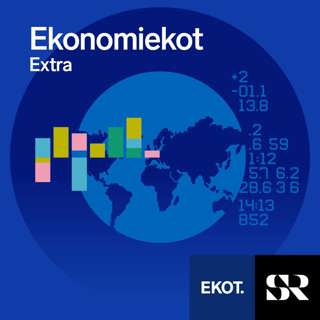
111: Drowning in Case Feedback
We find many candidates drown in feedback. They want as much good feedback as possible and speak to as many people as possible thereby receiving lots of detailed and sometimes average feedback on thei...
31 Dec 20128min

110: Disclosure Rules on Resumes
Candidates sometimes divulge too much confidential details, or too little in interviews, resumes, cover letters and LinkedIn profiles. These are the rules for disclosure. It is important to remember t...
25 Dec 20127min

109: Build Hypotheses With Decision Trees
Building hypotheses is very difficult. Most candidates in a McKinsey, BCG et al interview would not know when to build the hypothesis, what comprises the hypothesis, how to test if it is MECE etc. Thi...
19 Dec 20129min

108: Speed is the Wrong Focus Area
Far too many candidates focus on being faster. That is another myth. Speed is an outcome of having good technique. So if you are slow, deconstruct your technique, analyze weaknesses and develop a new ...
13 Dec 20128min

107: Demand Side Estimation Myth
The myth of demand side estimation cases is the greatest mistake taught in case books worldwide and is probably the worst technique a candidate should be using. Candidates around the world are taught ...
7 Dec 20129min

106: Invisible Presentation Technique
Solving a case while talking an interviewer through your thinking (written or otherwise) is, for the interviewer, a little like trying to understand a presentation without seeing the slides. Or at the...
1 Dec 201212min

105: Case length and details
When we ask candidates for more details in their resume, fit responses and cover letter, they always write longer sentences. There is an important difference between "more details" and "greater length...
25 Nov 20126min

104: Do Not Read Your Interviewer
It is impossible to read the personality of an interview and we discuss the typical errors candidates make in trying to read too much into the behavior of interviewers: quiet, asking questions, rude, ...
19 Nov 20129min





















